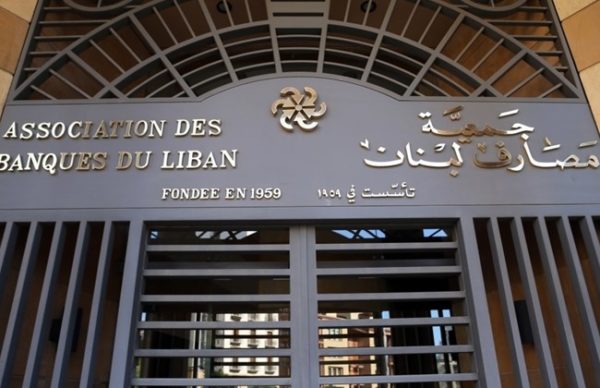
Lebanon’s banks will seek to prevent capital flight when they open on Friday but without imposing formal capital controls after a two-week closure due to nationwide protests which led the prime minister to resign, banking sources told Reuters.
Analysts and bankers have cited widespread concern about a rush by depositors to withdraw their savings or transfer them abroad when the banks reopen.
The central bank has pledged not to impose capital controls when banks re-open, measures that could deter the currency inflows and investment Lebanon badly needs to weather its most severe economic pressures since the 1975-90 civil war.
But seven banking sources said on Thursday that while Governor Riad Salameh was sticking to that policy, commercial banks would only be allowing transfers abroad in cases such as payments to children, for healthcare or loan payments.
Salameh was leaving it to commercial banks to decide on individual policies that could make it harder move funds overseas and convert them into foreign currency and less attractive to withdraw savings.
“He is not officially declaring capital controls, but left it to the banks to do it,” a senior banker told Reuters.
On Friday, transfers abroad will be for “critical and fundamental matters”, one of the sources said, adding that they will reconsider the situation on Monday.
The sources said banks will decide on a customer-by-customer basis who will be able to transfer money out.
The banks have been holding crisis meetings with Salameh over the situation. Salameh told Reuters on Monday there would be no capital controls and no haircut when banks reopen.
After protests subsided on Wednesday, the Association of Banks in Lebanon said the banks would reopen as previously announced on Friday to provide for “pressing and fundamental needs” including salary payments.
“The association hopes that all bank customers understand the current situation and respond positively to serve their (own) interests and the interests of the country during this exceptional period,” it said in a statement on Thursday.
Three of the sources said banks will also likely offer incentives including better interest rates and different maturity dates and try to verbally persuade people to keep their money put, three of the banking sources said.
A week ago, ratings agency S&P placed Lebanon’s country ratings on “creditwatch negative” over concerns about declining currency inflows.
It also said that despite reasonably high levels of gross foreign exchange reserves – including gold – of almost $50 billion, the imposition of “soft capital controls” raised questions about the monetary regime. S&P also said it understood that banks have imposed restrictions on U.S. dollar withdrawals.
As a net importer with a currency pegged to the dollar, Lebanon needs steady financial inflows. Inflows from the large Lebanese diaspora have kept the economy afloat for decades.
The techniques are not entirely new.
As political and economic pressures have built in Lebanon in the two years since Prime Minister Saad al-Hariri last submitted his resignation – which proved only temporary – Lebanese have encountered procedural obstacles and discouragement from banks when trying to convert pound deposits into dollars or move funds abroad. Incentives included raising interest rates and making sure term deposits are held to maturity.
Some banks already stopped dispensing dollars through ATMs during the protests, and banks have been replenishing ATMs more regularly as they have often run out of cash during the bank closures.
Banks might also decide that transfers abroad will have to be done by cheque, which takes longer than an electronic transfer, three sources said.
Lebanon has a debt to GDP ratio of around 150%, the third highest in the world.
A stagnant local economy and a slowdown in cash injections from Lebanese abroad have put pressure on the central bank’s foreign currency reserves in recent years. Recent months have seen the emergence of a parallel exchange market for dollars
The build-up of economic and political pressure has made dollars harder to come by and weakened the pound against the dollar on the parallel exchange market with a discount to the official two-decade old peg around 20%.
Giyas Gokkent, of JPMorgan Securities, said any capital flight and a run on the banks would be a “significant concern”.
“But the reason Lebanon has been resilient in the past still holds, and that is when you compare any reasonable assumption for outflows, the central bank’s reserves are much larger and are sufficient to cover that – at least in the near-term.”

Leave a Reply
You must be logged in to post a comment.